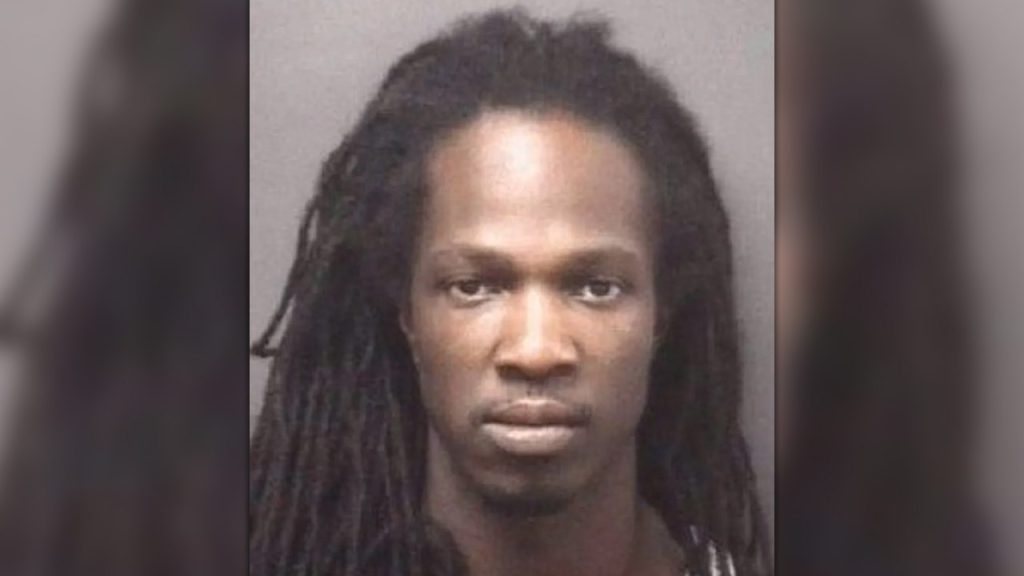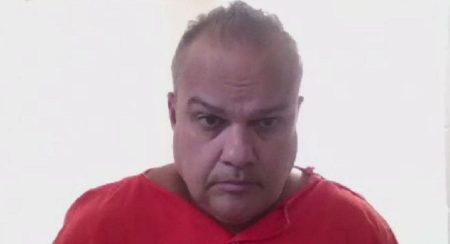The commutation of Brandon Council’s death sentence to life imprisonment without parole by President Biden has sparked controversy and reignited the debate surrounding capital punishment. Council, convicted of the brutal 2017 murders of two South Carolina bank employees, Donna Major and Kathryn Skeen, during a robbery, was among 37 federal death row inmates whose sentences were commuted in the final month of Biden’s presidency. This decision has drawn sharp criticism from former prosecutor Derek Shoemake, who played a key role in securing Council’s original death sentence. Shoemake expressed profound disappointment with the commutation, emphasizing the meticulous process undertaken by the jury in reaching their verdict and highlighting the devastating impact on the victims’ families.
Shoemake characterized the commutation as a “political victory” for Council and a painful blow to the families of Major and Skeen, who continue to grapple with their loss. He stressed the meticulous and thoughtful deliberation of the South Carolina jury, which spent weeks examining evidence and weighing the gravity of Council’s crimes before imposing the death penalty. Shoemake emphasized the horrific nature of the murders, describing how Council shot Major, a bank teller, multiple times and then pursued Skeen, the bank manager, into her office, shooting her repeatedly as she hid under her desk. Council then stole cash, keys, and bank cards from the victims before fleeing the scene.
The former prosecutor lamented the erasure of the jury’s decision, made after careful consideration and adherence to the law. He finds it particularly difficult to accept the commutation coming from a distant political authority, overriding the judgment of the local community directly impacted by the crime. Shoemake’s anguish is compounded by the knowledge that the victims’ families will endure another holiday season without their loved ones, while Council, in his view, benefits from a politically motivated decision. The stark contrast between the families’ enduring grief and Council’s reprieve from execution is a central point of contention for Shoemake.
While acknowledging the broader political context surrounding the commutations, Shoemake chose to focus on the enduring legacy of the victims, emphasizing their positive qualities as mothers, community members, and individuals of faith. He extended his prayers to their families and all families affected by the commutations, seeking solace and healing in the midst of their ongoing grief. Shoemake’s focus on the victims underscores his belief that the focus should remain on their lives and the devastating impact of Council’s actions, rather than the political machinations surrounding the death penalty.
President Biden’s justification for the commutations centered on his moral opposition to the death penalty. While acknowledging the heinous nature of the crimes and expressing sympathy for the victims’ families, Biden stated he could not allow the resumption of federal executions, which he had halted upon taking office. This decision reflects his broader stance on capital punishment and his administration’s efforts to move away from its use at the federal level. This rationale, however, provides little comfort to those who believe Council deserved the ultimate punishment for his crimes.
The commutations leave only three inmates on federal death row: Robert Bowers, the perpetrator of the Tree of Life Synagogue shooting; Dylann Roof, responsible for the Charleston church massacre; and Dzhokhar Tsarnaev, the Boston Marathon bomber. The future of capital punishment at the federal level remains uncertain, with ongoing legal and political battles likely to shape its application in the years to come. The case of Brandon Council serves as a microcosm of these larger debates, highlighting the complex and often conflicting perspectives on justice, retribution, and the role of the state in carrying out the ultimate punishment.










